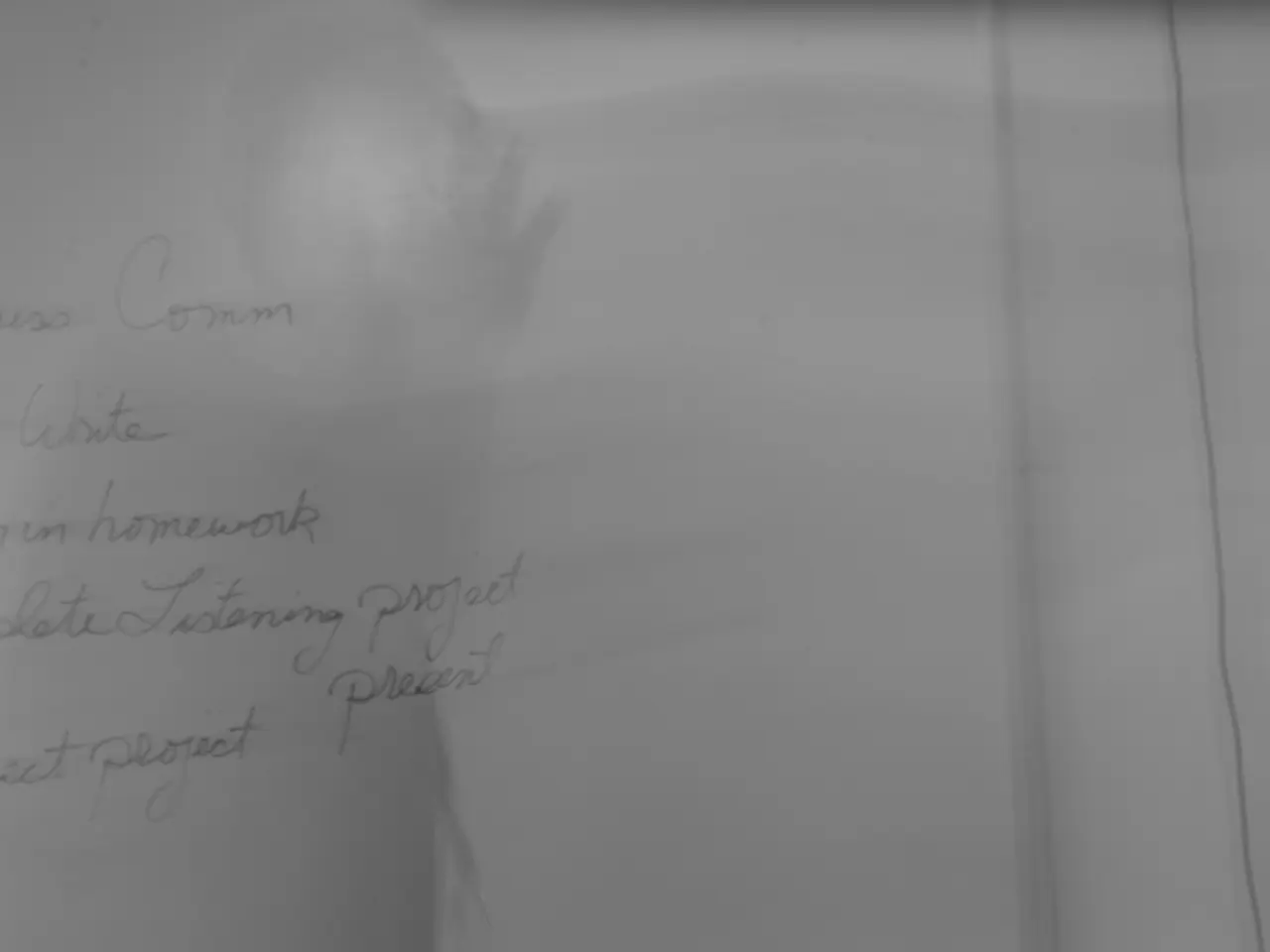Potential Blunders in Estate Planning - Be Wary of These Provisions
In the world of inheritance law, it's essential to ensure that inheritance share clauses are properly formulated and included in a will. Unfortunately, common errors in these clauses can lead to disputes, delays, and even the disinheritance of a child in the second inheritance case without the surviving spouse's influence.
One of the most common errors is using percentage shares that create unintended beneficiary rights. Allocating estate shares by percentage to multiple beneficiaries can give secondary beneficiaries legal standing to inspect and challenge the estate administration, potentially causing disputes and delays. For example, giving one child 90% and another 10% made the smaller-share beneficiary effectively a shareholder of the estate, enabling ongoing interference.
Another error is failing to specify fixed dollar amounts to secondary beneficiaries. Providing fixed-dollar gifts rather than percentage shares can prevent ongoing involvement or litigation since the beneficiary receives their set amount and typically cannot contest further.
Naming one sibling as trustee over a minor sibling’s inheritance can lead to conflicts of interest, control abuse, or resentment. It's safer to appoint a neutral or third-party trustee.
Not updating the will to reflect major life changes, such as divorce or remarriage, can also lead to unintended inheritance rights or exclusions.
In some jurisdictions, choosing beneficiaries as witnesses can invalidate or complicate the will’s probate. Improper or incomplete execution formalities can also result in the will being harder to prove valid in court.
Lack of clarity about title and ownership can lead to cloudy title issues or disputes over who owns estate assets, especially if an heir dies intestate or the will is ambiguous.
Not addressing in-law inheritance rules or protective measures can also cause issues. Some fail to consider state inheritance laws about spouses or in-laws, which may affect distribution or require specific provisions or trusts to exclude or protect assets.
Omitting expected heirs without clear reasoning can lead to contests based on claims of undue influence, lack of capacity, or improper execution.
To avoid these errors, consider these best practices:
- Use fixed-dollar gifts where possible to secondary beneficiaries to limit ongoing disputes.
- Appoint independent trustees rather than interested parties to manage minor beneficiaries’ shares.
- Update the will regularly to reflect life changes like divorce and changes in beneficiaries.
- Follow strict state formalities for execution, including proper witnessing and notarization, to ensure the will is valid and self-proving.
- Draft clear, unambiguous clauses regarding shares, property ownership, and title to avoid disputes or title clouding.
- Understand and address state-specific inheritance laws, particularly concerning spouses and in-laws, possibly using trusts or prenuptial agreements.
- Anticipate potential grounds for contesting the will such as undue influence or capacity issues, and work with an experienced estate attorney to mitigate risks.
In Munich, specialist lawyer Prof. Dr. Wolfgang Böh specializes in inheritance and tax law. Böh has pointed out that many wills in Munich contain incorrectly formulated or improperly included inheritance share (penalty) clauses. A common case of such a clause is the "Berlin will," where a couple sets each other up as sole heirs and disinherits their descendants.
Böh's tips for designing inheritance share clauses are exclusive to the editorial team. These clauses are often copied from forms or drafted naively without a model. Incorrectly formulated inheritance share clauses can cause issues in the distribution of an estate.
Giving the surviving spouse the option to change the will in case of an inheritance share claim in the first inheritance case is preferable to a rigid automatism. Böh has provided important tips for designing these clauses.
The act of revealing motives and justifying a penalty clause in a will can make it vulnerable to attack. Considering whether such a clause is useful is essential, as it can leave a child's inheritance share unused in the first inheritance case. The creator of a will in Munich should be cautious when including inheritance share clauses. Böh's advice is valuable for anyone creating a will in Munich. A clear formulation without further motivation or justification is advised for inheritance share clauses. In the first inheritance case, the child must choose between the legacy and the inheritance share, ensuring the testators' solution usually prevails.
- To prevent potential issues in the distribution of one's estate, it's advisable to use fixed-dollar gifts instead of percentage shares for secondary beneficiaries.
- In Munich, where inheritance and tax law specialist Prof. Dr. Wolfgang Böh emphasizes the importance of correctly formulating inheritance share clauses, it's recommended to draft these clauses crystal-clear and avoid revealing motives or justifications to minimize potential challenges.




